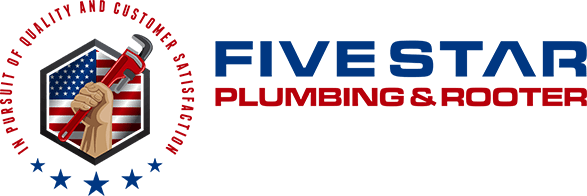Plumbing issues can be a homeowner's nightmare, causing inconvenience, discomfort, and potentially hefty repair bills. However, with some proactive measures and routine maintenance, you can significantly reduce the risk of facing costly plumbing repairs. In this blog, we'll delve into the top plumbing tips that can help you maintain a healthy plumbing system and prevent those unwelcome surprises.
1. Regular Inspections
Just like regular doctor visits keep you healthy, routine plumbing inspections keep your home's plumbing in top shape. Schedule an annual or semi-annual inspection with a professional plumber to catch minor issues before they turn into major problems. Professionals can identify hidden leaks, corrosion, and potential weak points in your plumbing system.
2. Mindful Water Usage
Conserving water not only benefits the environment but also puts less strain on your plumbing. Install water-efficient fixtures like low-flow toilets and faucets to reduce water wastage. Additionally, be mindful of how you use water—avoid overloading the garbage disposal, don't flush inappropriate items, and fix leaks promptly.
3. Proper Drain Care
Clogged drains are a common plumbing woe that can escalate quickly. Avoid pouring grease, coffee grounds, hair, and other debris down your drains. Use drain guards to catch debris and clean your drains regularly using natural solutions like baking soda and vinegar to prevent build-up.
4. Soft Water Solutions
If you live in an area with hard water, mineral deposits can accumulate in your pipes over time, leading to reduced water flow and corrosion. Consider installing a water softener to prevent these issues and extend the lifespan of your plumbing system.
5. Temperature Monitoring
Extreme temperatures can wreak havoc on your plumbing. During winter, insulate exposed pipes to prevent freezing and potential bursts. During summer, keep your plumbing cool to avoid damage. Set your water heater's temperature to an appropriate level to prevent scalding and save energy.
6. Know Your System
Familiarize yourself with your plumbing system's layout and shut-off valves. In case of emergencies, knowing how to turn off the water supply can prevent flooding and minimize damage. Locate both the main water shut-off valve and individual fixture shut-off valves.
7. Avoid DIY Overkill
While DIY solutions can be tempting, it's crucial to know your limits. Small tasks like changing a washer or fixing a minor leak are fine, but more complex issues should be left to professionals. Attempting complex repairs without the right expertise can lead to more significant problems.
8. Water Pressure Control
High water pressure might seem like a good thing, but it can strain your plumbing system, leading to leaks and bursts. Use a pressure regulator to keep the water pressure at a safe level. Excessive pressure can also put stress on fixtures and appliances, shortening their lifespan.
9. Watch for Warning Signs
Keep an eye out for signs of potential plumbing issues, such as slow drains, fluctuating water pressure, unusual noises, and foul odors. Addressing these early warning signs can prevent small problems from turning into expensive repairs.
10. Seasonal Maintenance
Different seasons bring different challenges for your plumbing. Before winter, insulate pipes and disconnect outdoor hoses. In warmer months, ensure your irrigation system is functioning correctly and check for any hidden leaks that might have gone unnoticed during the colder months.
Contact Our Team Today!
Taking care of your plumbing system doesn't have to be overwhelming. By incorporating these top plumbing tips into your routine, you can maintain a healthy plumbing system, prevent costly repairs, and ensure a comfortable living environment for years to come. Remember that investing a little time and effort now can save you a lot of hassle and money down the line.
If you do experience any plumbing issues, be sure to contact Five Star Plumbing & Rooter for fast and reliable service.

